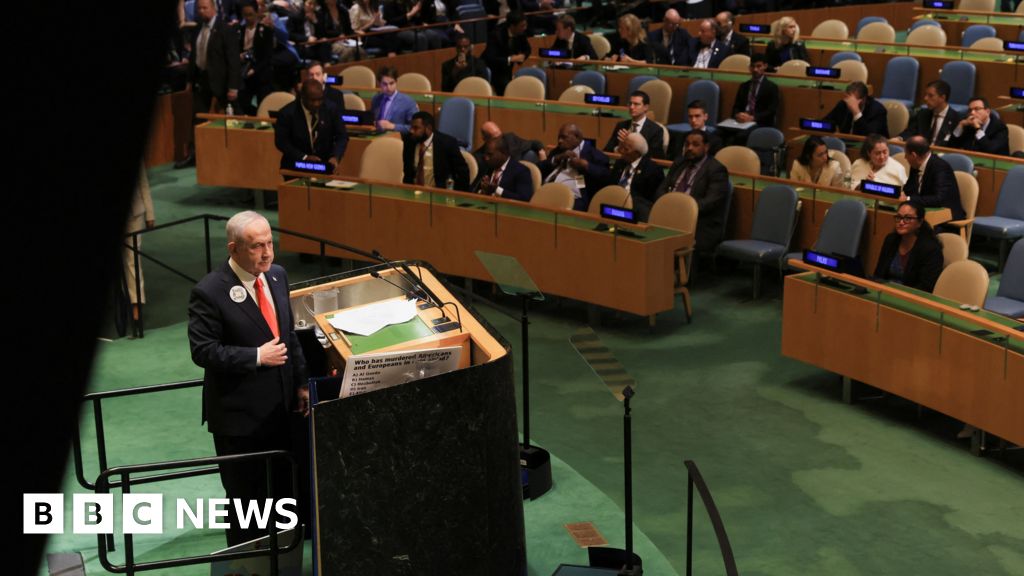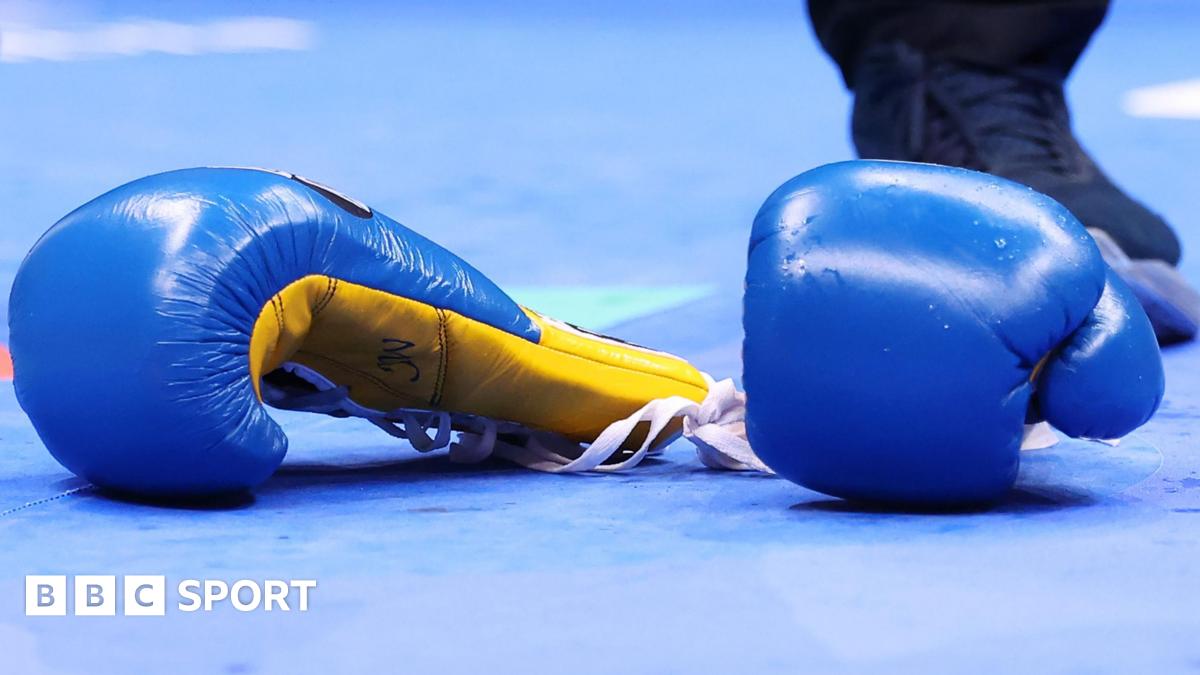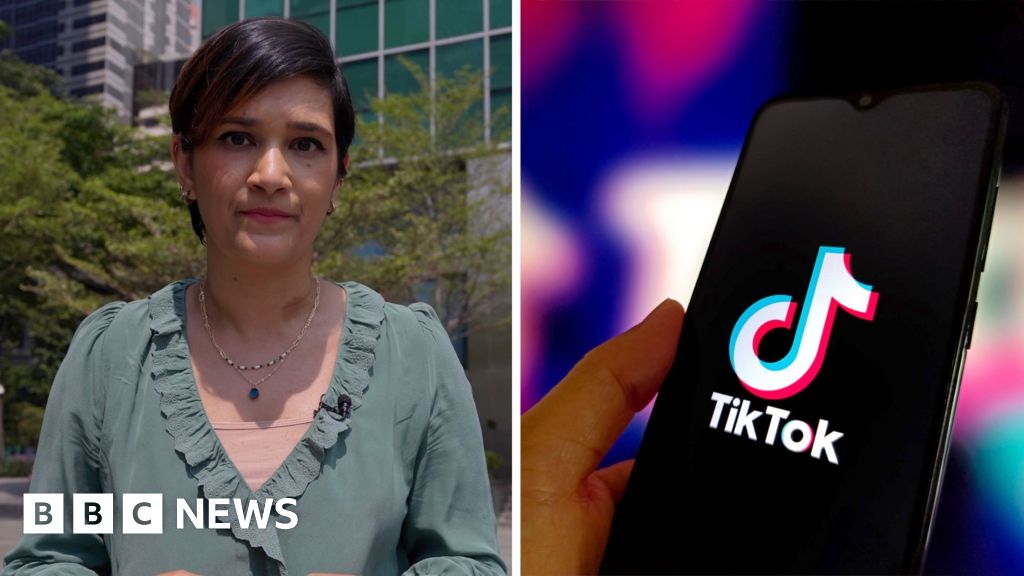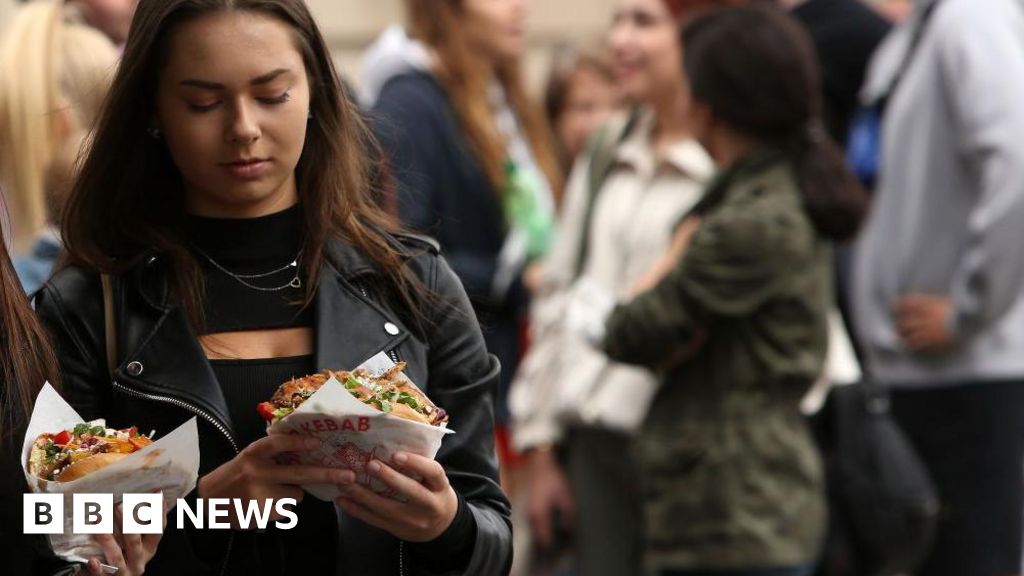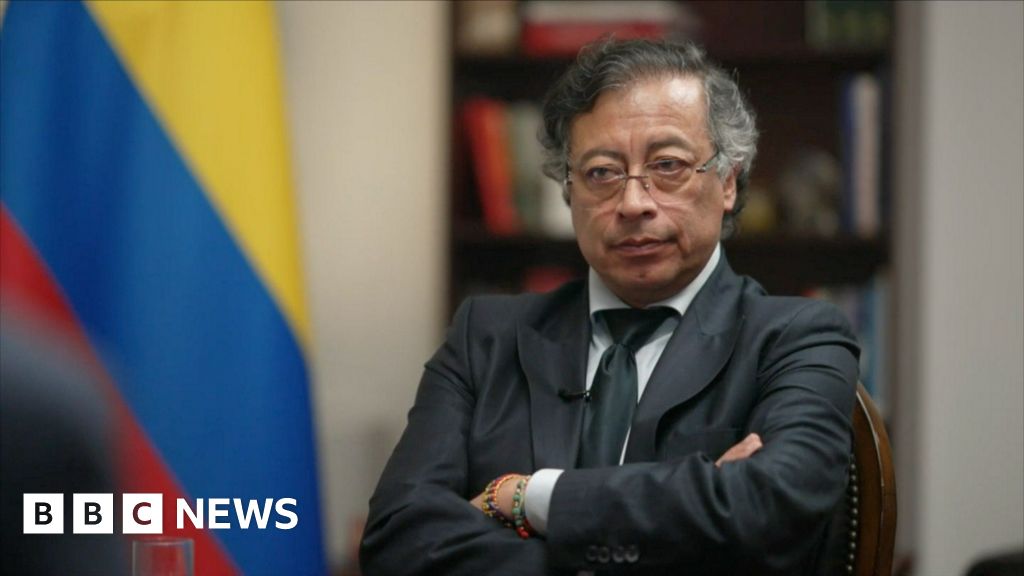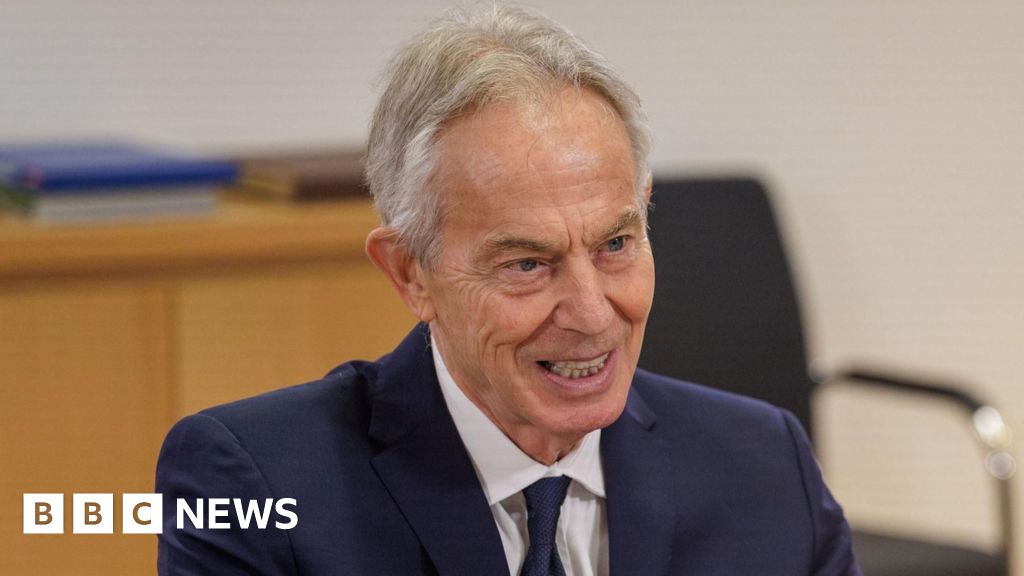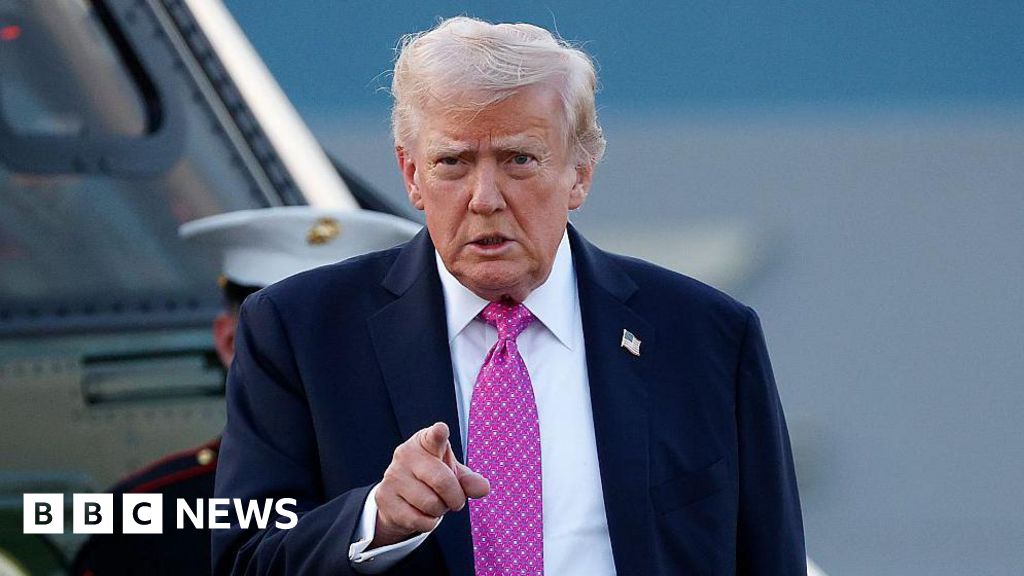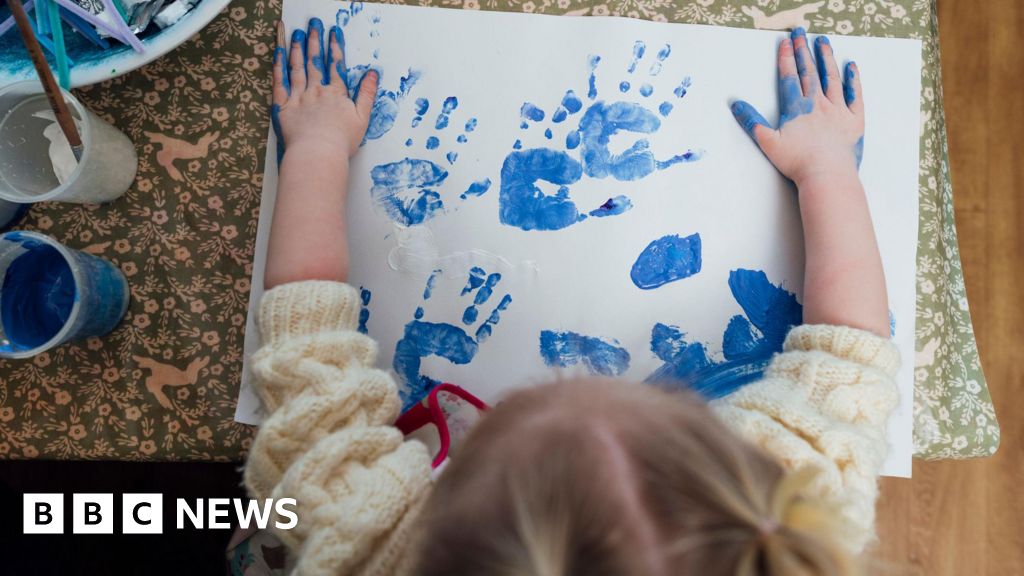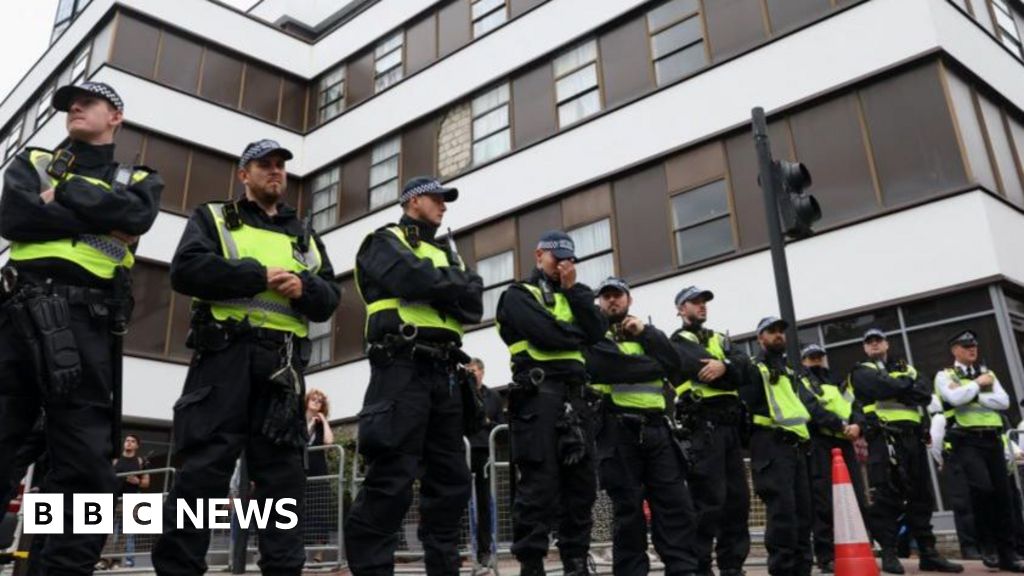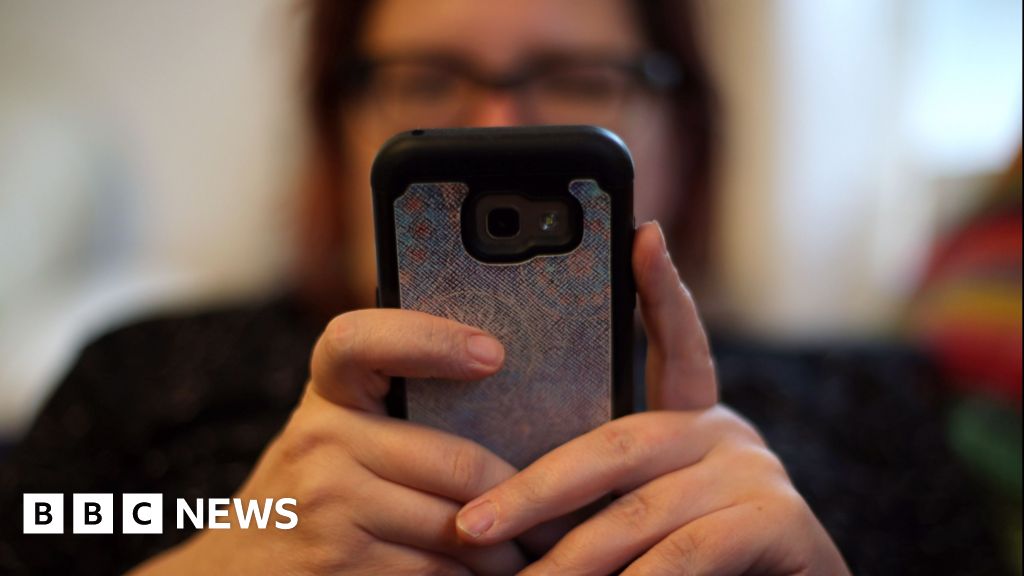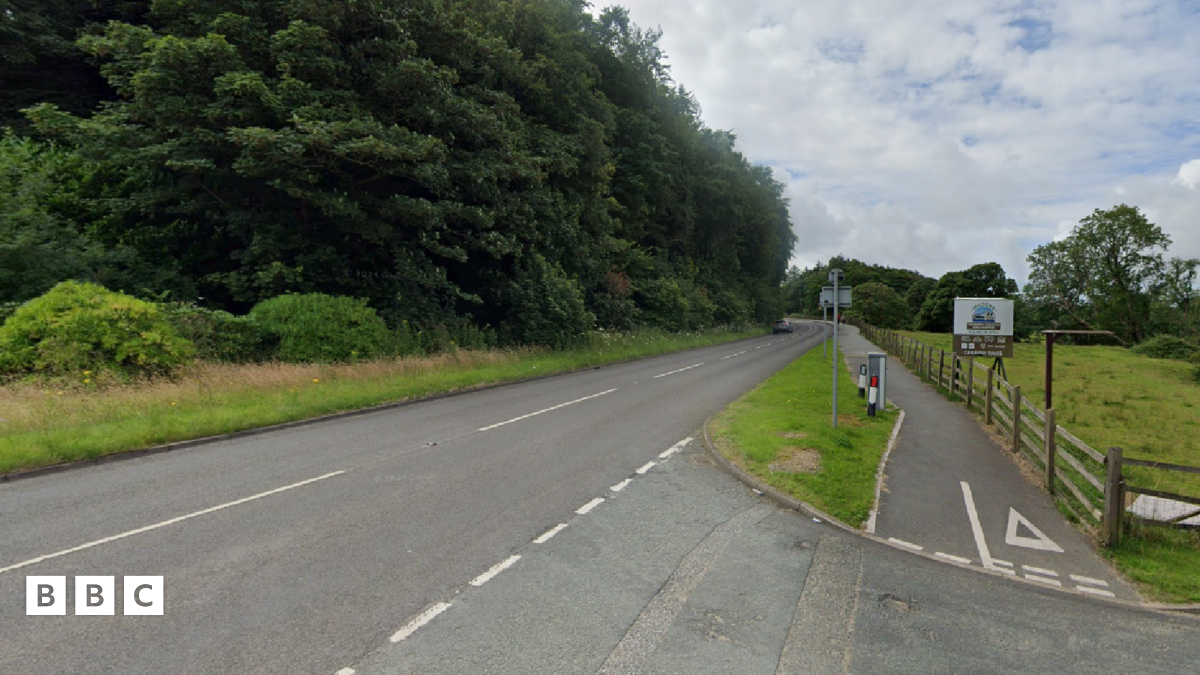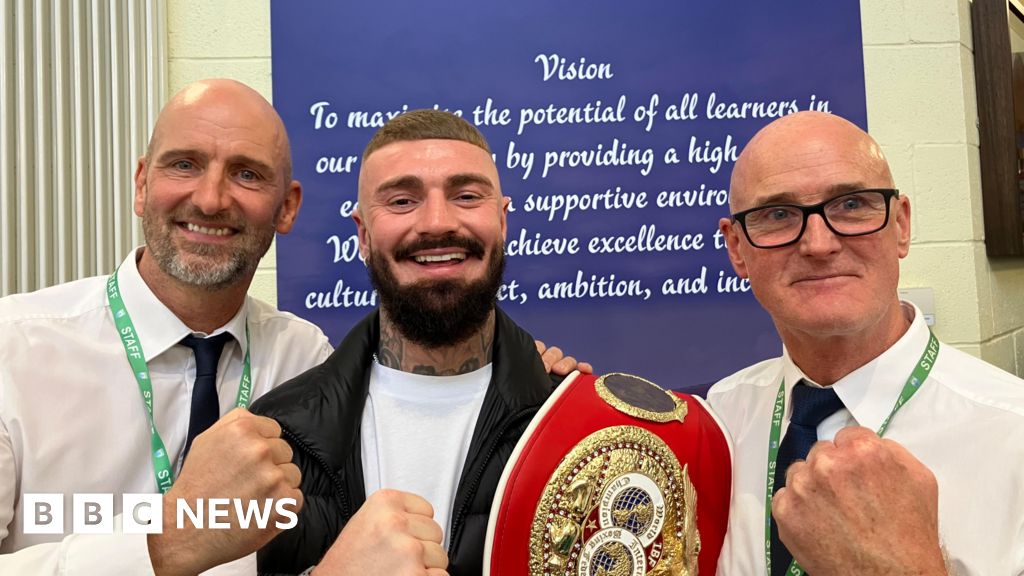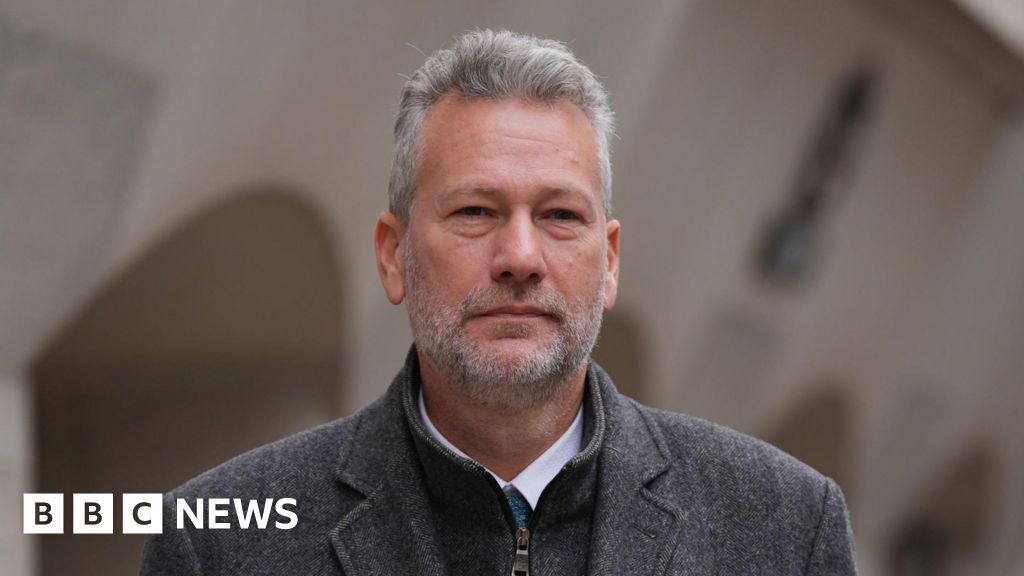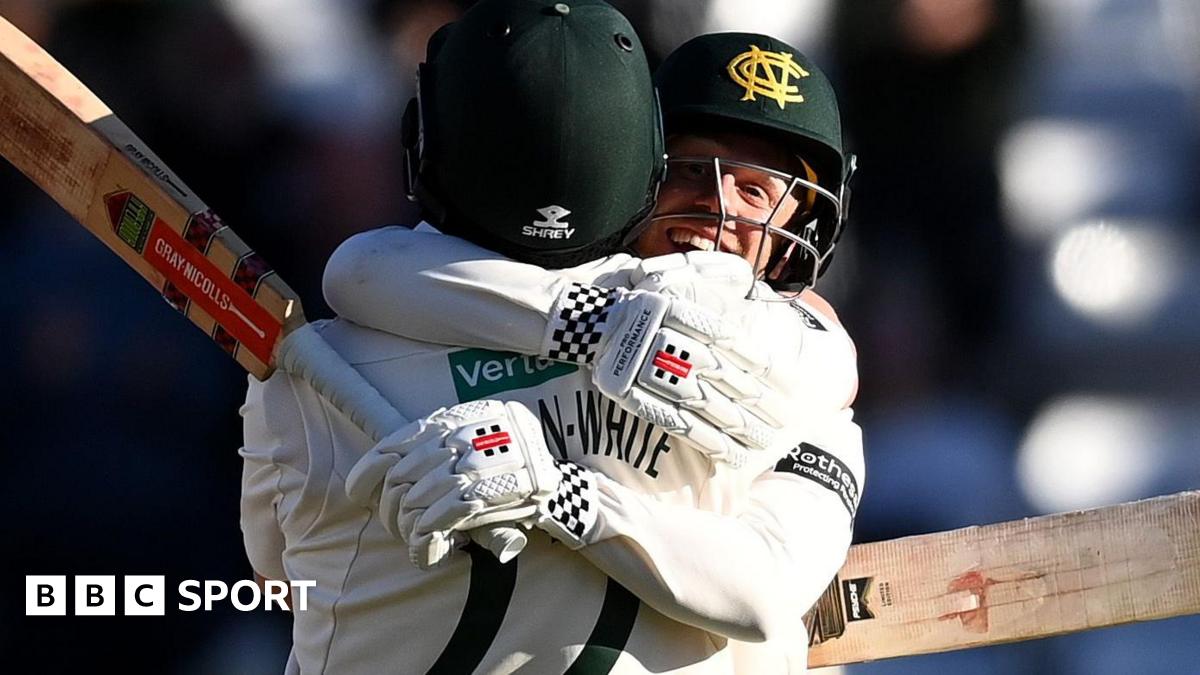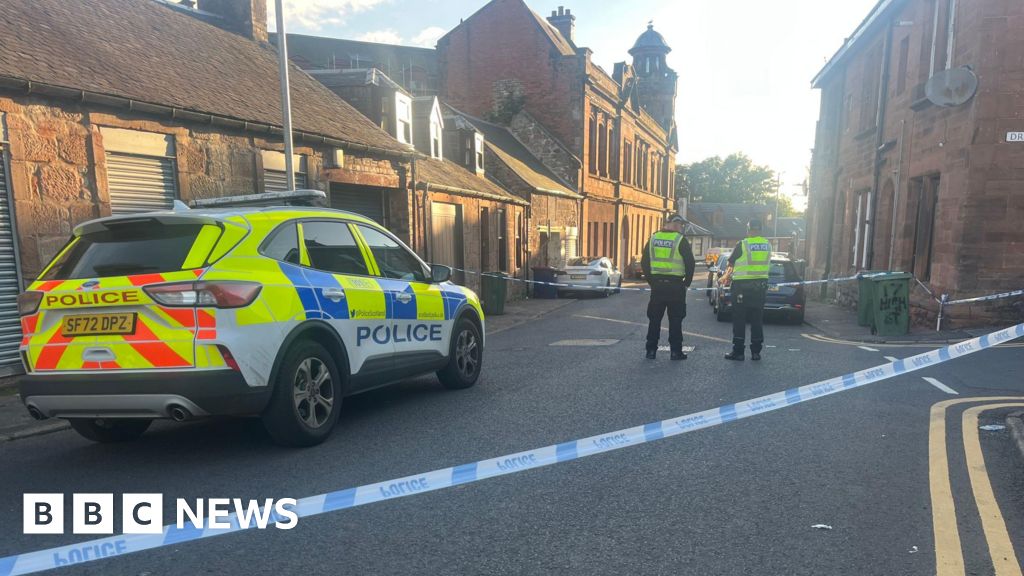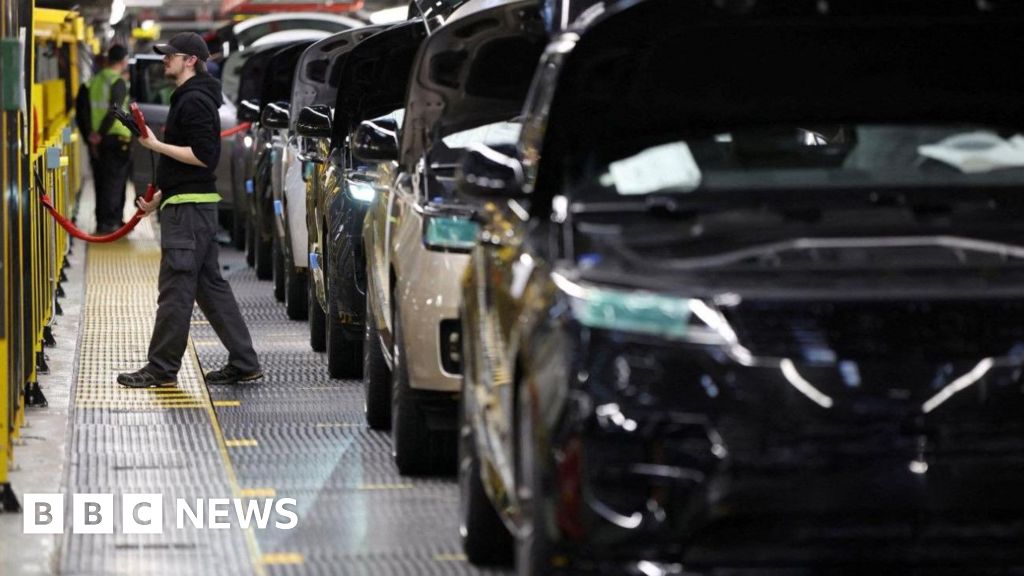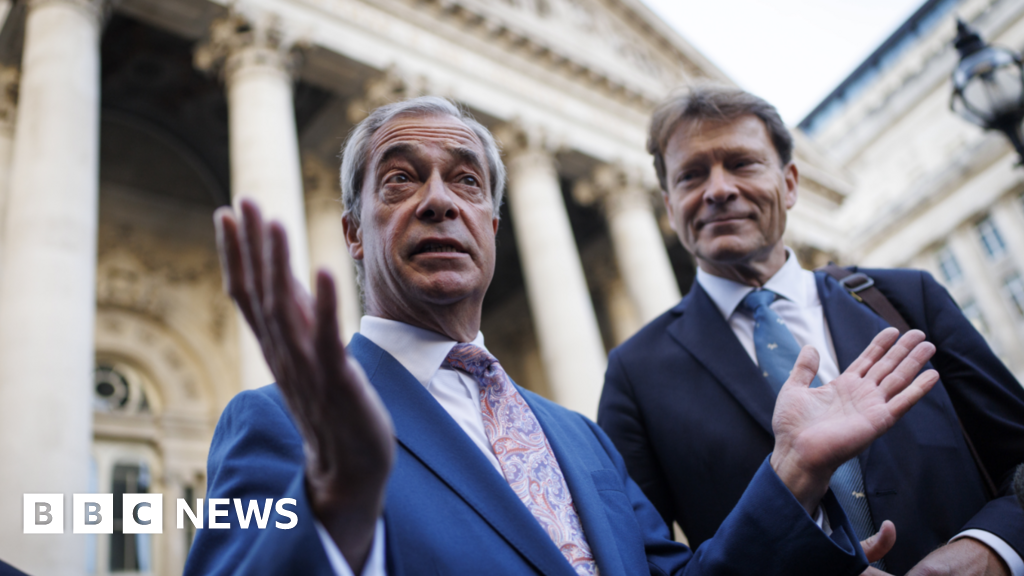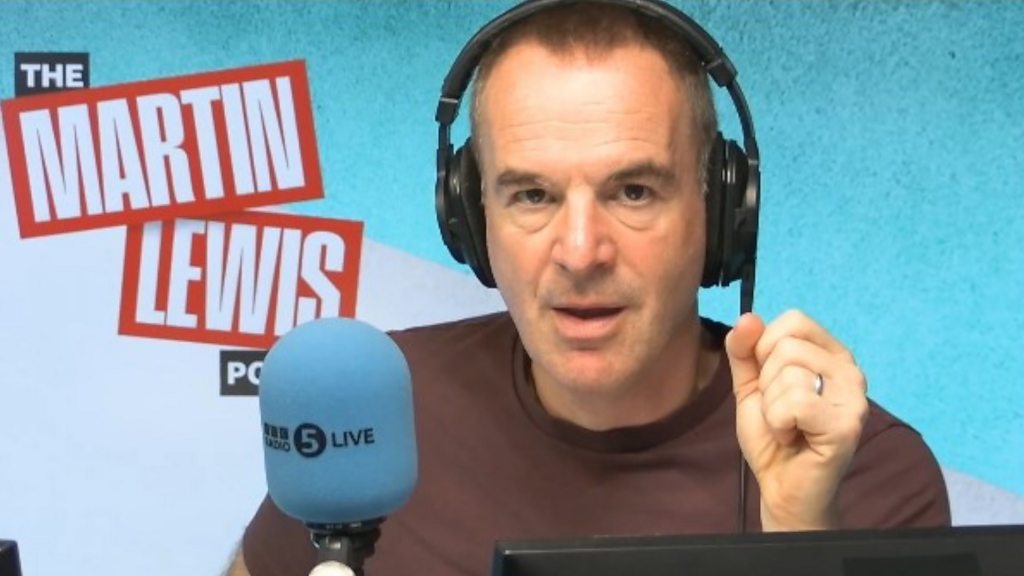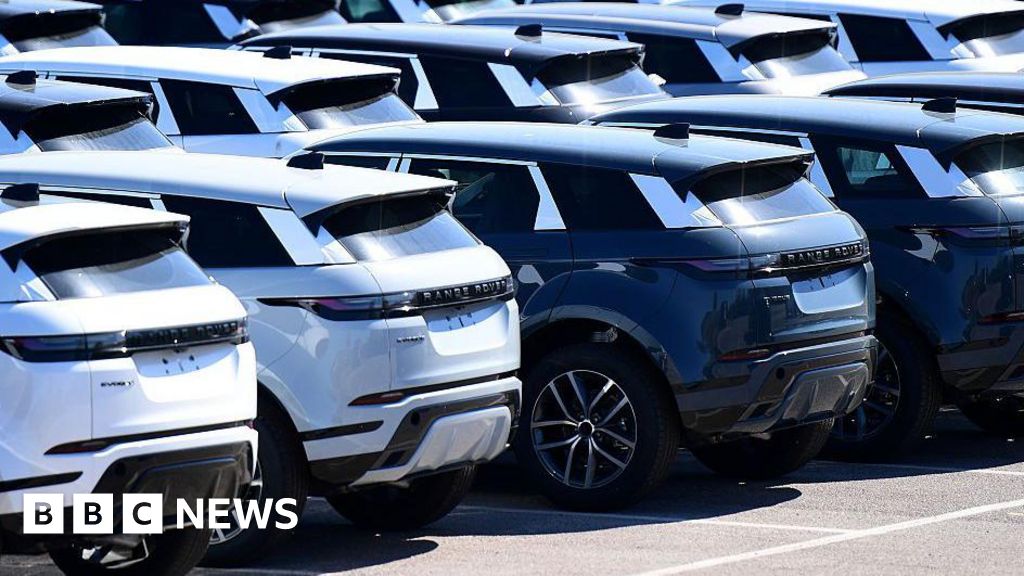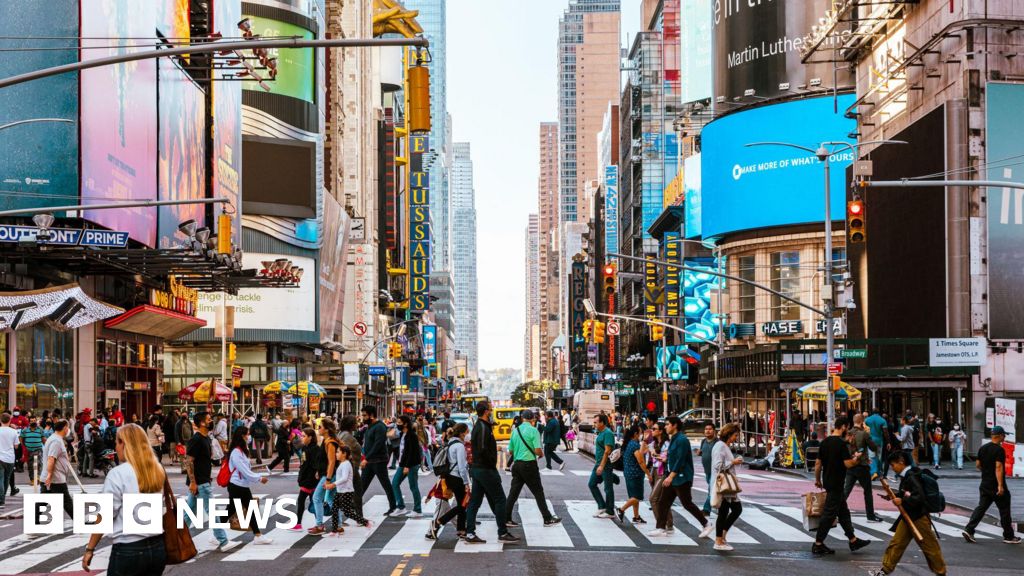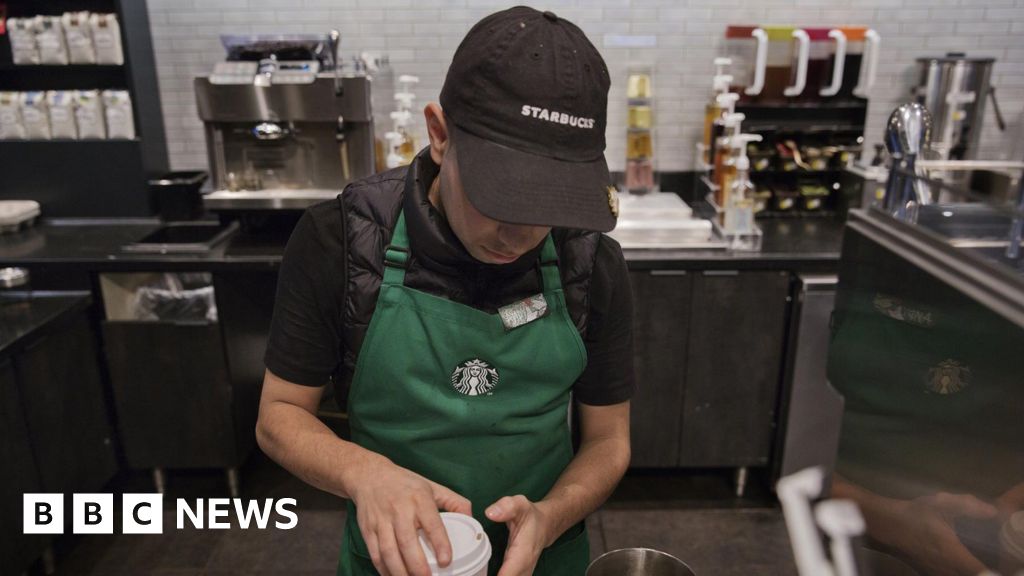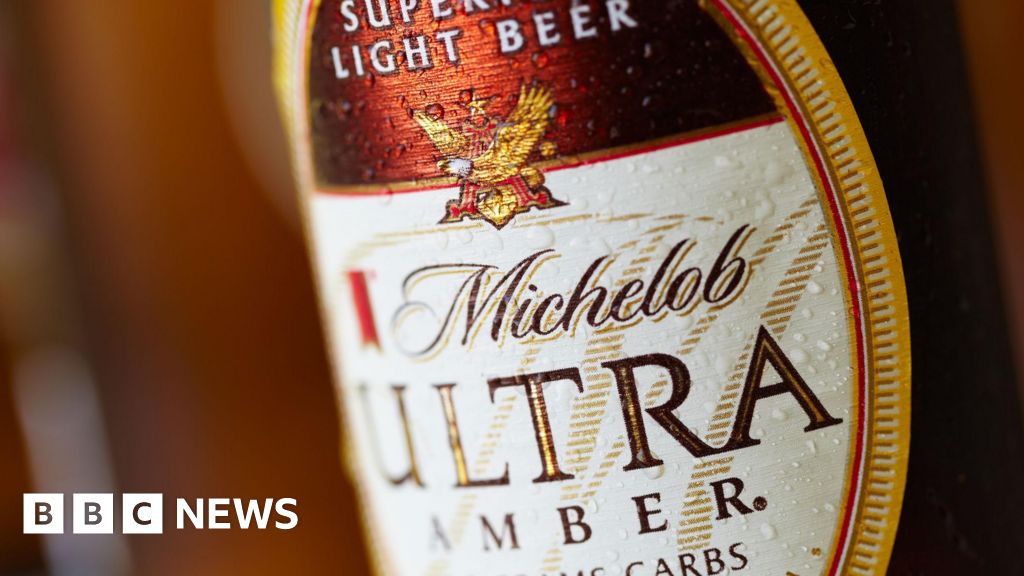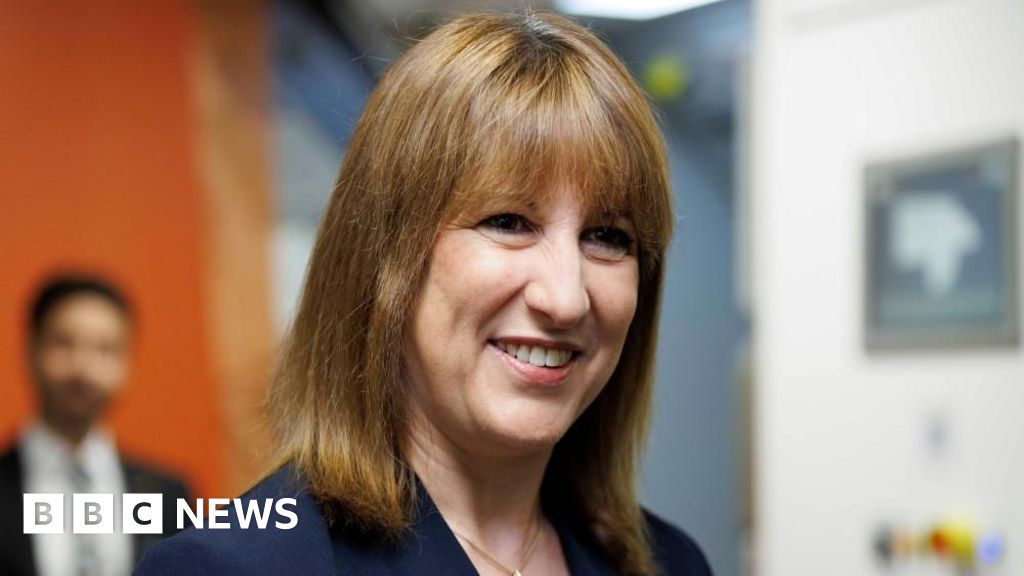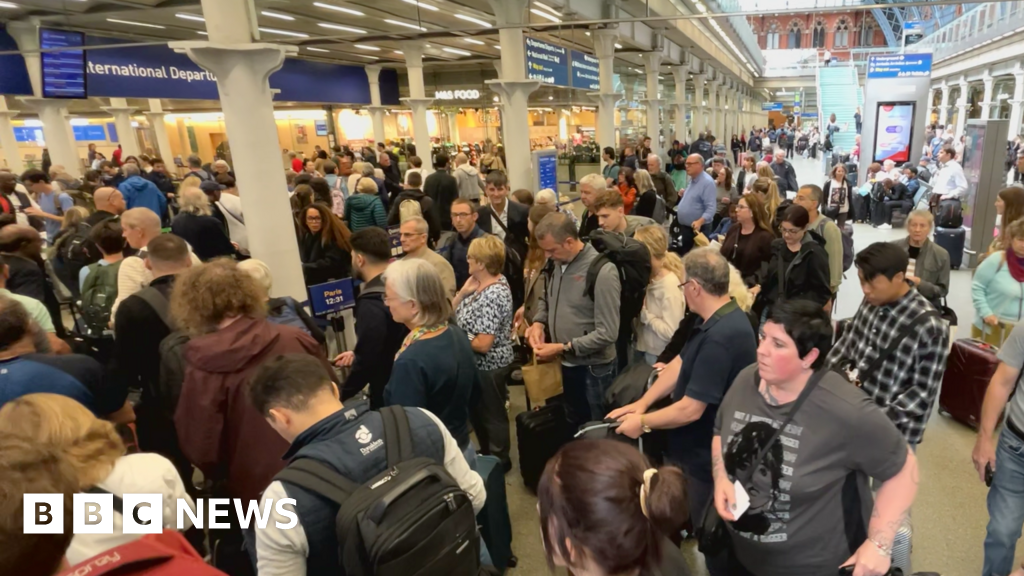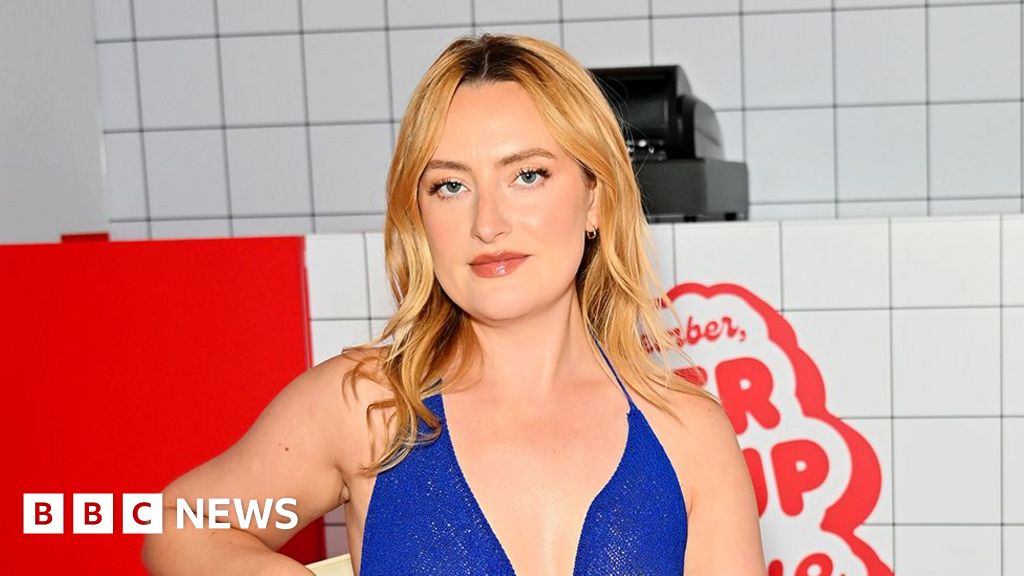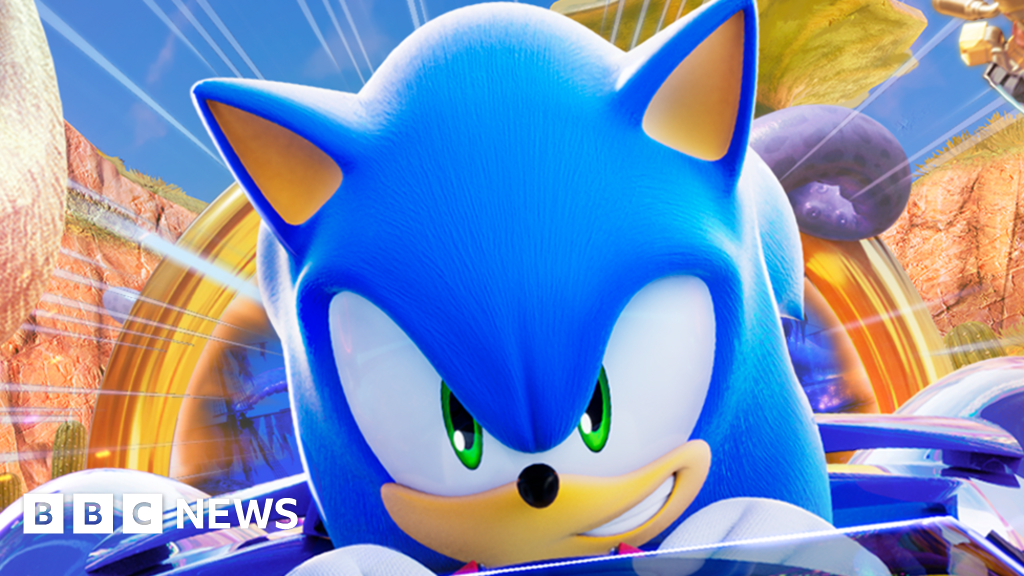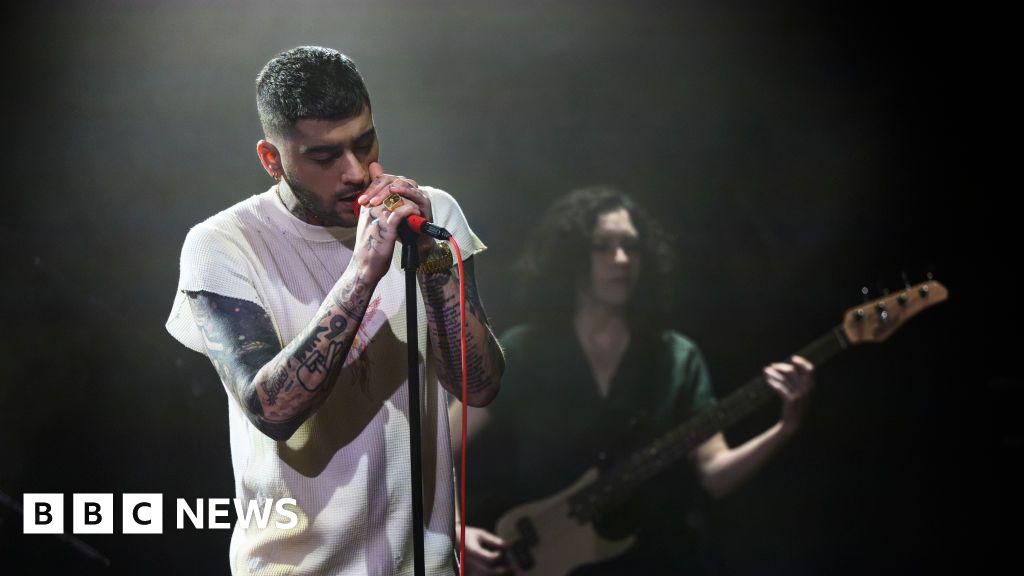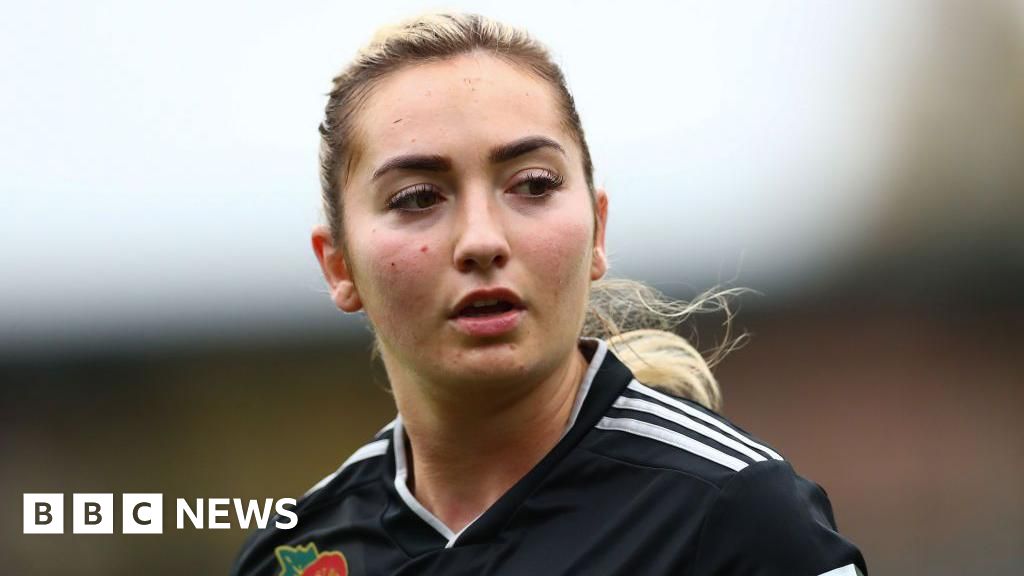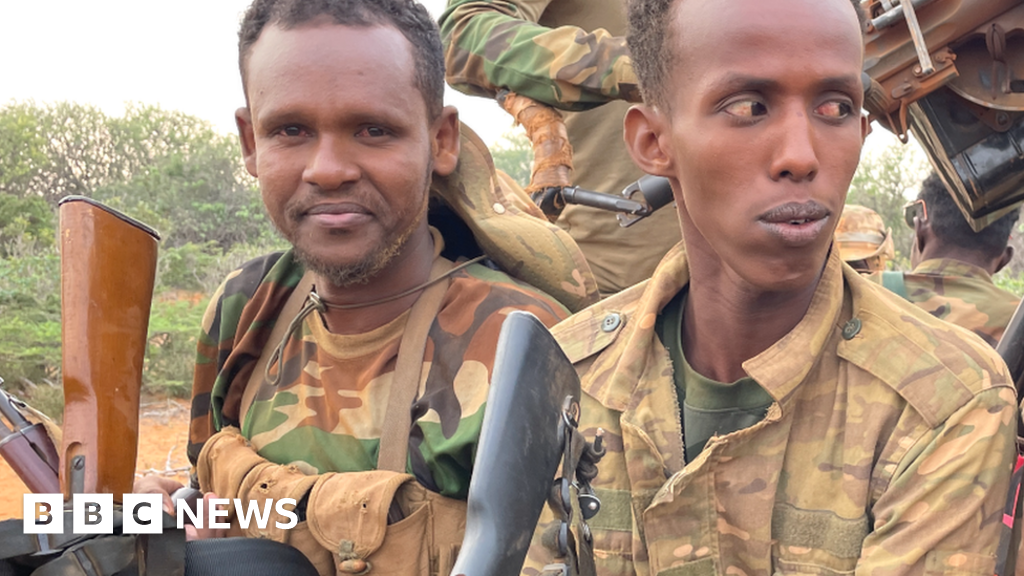Andrew RogersBBC Newsbeat
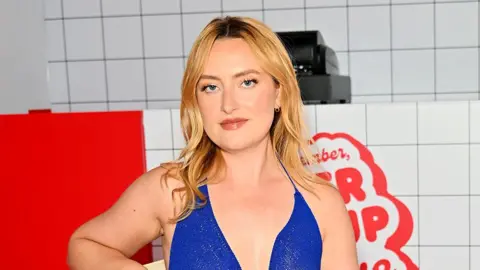 Getty Images
Getty ImagesShe’s built up millions of followers with her awkward, off-the-wall interviews but this time Amelia Dimoldenberg is the one answering the questions.
“I actually don’t mind it,” she says.
“I enjoy interviews because I get to share my story with other people.”
Amelia is speaking to BBC Newsbeat at an event set up to mark 10 years of Chicken Shop Date – the web series that made her one of the UK’s best-known content creators.
It’s a story that started at the Stowe Centre youth club in north-west London, where Amelia interviewed grime artists for a column in magazine The Cut.
She eventually began to film the conversations, framing each one as a “date” and uploading it to YouTube.
The success of Chicken Shop Date has taken her around the world and made her a celebrity in her own right.
But it didn’t happen overnight.
“So many people I feel like don’t understand the history of the show, the journey it’s been on,” says Amelia.
“Some people think it’s been, like, two years.”
The rise of Chicken Shop Date reflects “the journey of digital media and how that landscape has completely changed”.
“When I started the show content creators weren’t at the height they are now,” she says.
“I spent so much time trying to persuade publicists, managers and talent to come on the show.”
In 2014, Amelia suggests, social media wasn’t seen as the best place to promote a celebrity’s latest album, film or product.
“Now, 10 years later, it’s completely the opposite and I’m batting people away,” she says.
The 31-year-old believes Chicken Shop Date, and similar YouTube shows such as Hot Ones have leapfrogged more traditional chat shows to the top of many celebrity agents’ lists when their client has something to promote.
While traditional TV viewing figures have been trending downwards, the reach of online personalities has only increased.
Alongside YouTube, TikTok gives content creators a place to share their best clips, drawing in more viewers.
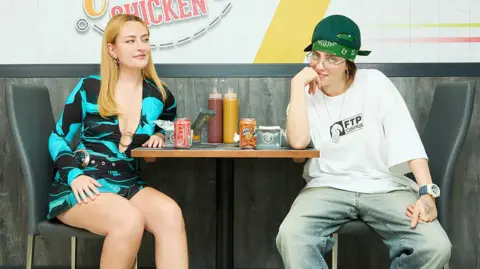 Dimz Inc
Dimz IncDespite them increasingly shaping many people’s viewing habits, opinions and purchases, “content creator” is not always regarded as a “real job”.
That’s despite them contributing £2.2bn to the UK economy, according to a recent report.
“Obviously YouTube has been going on for 20 years, that is still a relatively new sector in terms of content creators,” Amelia admits.
But, she says: “It should be easy for you to get a mortgage – it’s a legitimate career.”
Amelia was one of the high-profile YouTubers who put their names to a report produced by the video site earlier this year which called for greater recognition from the government.
“Taking people who work in digital media seriously is something I’m really passionate about,” she says.
“We’re storytellers like directors, like scriptwriters. We’ve been doing everything ourselves from the very beginning so I’m advocating for us.”
This week the UK government established an all-party parliamentary group (APPG) aimed at representing UK creators and influencers and building links with politicians.
Amelia says it’s a sign that things are heading in the right direction, but believes there’s more work to be done.
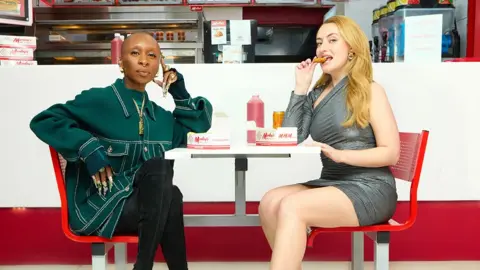 Dimz Inc
Dimz IncThe MP in charge of the new group called content creators such as Amelia “trailblazers of a new creative revolution”.
“I do feel like a bit of a trailblazer in the sense that there wasn’t a blueprint but now there is,” says Amelia.
Earlier this year she launched a summer course to train up the “next set of young creators”, equipping them with some of the things she’s learned since the start of her career.
“It’s great to have an idea and put it on YouTube,” she says.
“But you also need to have the right team around you to make sure it’s not a flash in the pan and you can grow it in a sustainable way.”
Amelia says “doing everything on your own terms” as a creator is “fantastic”, but after a certain point “you need a team to actually continue at the same level”.
Most fans of content creators know that it is, in fact, a lot of work.
The rewards for those who make it big can be huge, but there are many aspiring influencers whose careers never take off.
And even for those who do manage to become established, it can take a toll on their mental health.
A 2022 UK government report identified an influencer pay gap on the basis of gender, race and disability.
Amelia tells Newsbeat she wants to use her “privileged position” to give people from less well-represented backgrounds access to the resources to start careers as creators.
For anyone who wants to follow in Amelia’s footsteps, and maybe end up interviewing musicians, actors and comedians one day, she has some advice.
“Do your research, always, number one,” she says.
“Do as much as you can so you don’t go blank when you’re sat opposite someone.
“But saying that, I still do that sometimes.
“It’s very hard to listen to someone and think of your next question at the same time.”
And as for dating advice?
“It’s all about sense of humour,” she says.
“If you don’t connect on a sense of humour level it’s not even worth going there.
“If they can’t make you laugh or they don’t laugh at your jokes it’s not worth it.”



